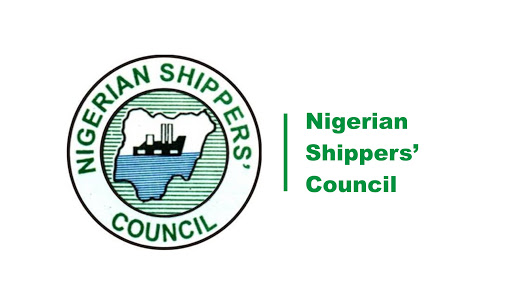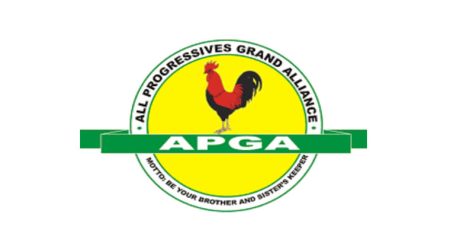The Nigerian Shippers’ Council (NSC) has clarified the recent tariff adjustments implemented by the West African Container Terminal (WACT) in Onne, River State, emphasizing that the review process was thorough and the resulting increases were deemed necessary and justifiable. The NSC, as the economic regulator of the port sector, underscored its commitment to ensuring a balance between the operational needs of terminal operators and the financial implications for port users. The tariff adjustments, which include an 8% increase in terminal handling charges (THC) and a 100% increase in storage charges, were not arbitrary decisions but rather the outcome of a rigorous assessment that considered industry benchmarks and prevailing economic realities. The NSC asserts that the approved rates remain within acceptable parameters and are designed to support the sustainability of port operations while minimizing undue burden on stakeholders.
Before implementing the new tariff structure, WACT engaged in extensive consultations with key stakeholders in the Onne port community. This included discussions with various associations representing clearing agents and freight forwarders, such as the Association of Nigerian Licensed Customs Agents (ANLCA), the National Association of Government Approved Freight Forwarders (NAGAFF), the Association of Registered Freight Forwarders of Nigeria (ARFFN), and the National Council of Managing Directors of Licensed Customs Agents (NCMDLCA). These dialogues fostered a collaborative approach, leading to a phased implementation plan designed to mitigate the impact of the increases on port users. The phased approach demonstrated a commitment to transparency and allowed stakeholders to adjust gradually to the new tariff regime.
The initial phase of the tariff increment was implemented and accepted by service users, demonstrating a degree of consensus among stakeholders. Subsequently, the final phase was scheduled following a notice period of one month and two weeks, providing ample time for preparation and adaptation. This proactive communication strategy underscores the NSC’s dedication to transparency and its efforts to facilitate smooth transitions within the port sector. The NSC emphasized that the phased implementation was a direct result of the consultations held with stakeholders, reflecting a responsiveness to industry concerns and a commitment to finding mutually acceptable solutions.
The NSC’s role in the tariff review process is crucial in maintaining a balance between the interests of terminal operators and port users. The Council’s mandate is to ensure fair and competitive practices within the port sector, and the tariff review process is a key component of this responsibility. By conducting rigorous assessments and facilitating stakeholder engagement, the NSC strives to create a sustainable and equitable environment for all participants in the port ecosystem. The Council’s intervention seeks to prevent exploitative practices while acknowledging the need for terminal operators to adjust their pricing structures in response to economic pressures and operational costs.
The NSC’s statement serves to clarify any misconceptions surrounding the tariff adjustments, emphasizing the due process followed and the justification for the increases. By providing this detailed explanation, the Council aims to foster greater understanding and trust among stakeholders. The emphasis on transparency and consultation reinforces the NSC’s commitment to responsible regulation and its dedication to creating a more efficient and sustainable port sector. This approach fosters a collaborative environment where all parties can contribute to solutions that benefit the overall health of the Nigerian maritime industry.
The NSC’s call for constructive engagement and adherence to regulatory frameworks highlights the importance of collaborative efforts in driving positive change within the port sector. By working together within established guidelines, stakeholders can contribute to enhancing efficiency and optimizing port operations. This collaborative approach is crucial for achieving long-term sustainability and fostering a competitive and dynamic maritime industry in Nigeria. The NSC’s proactive approach to communication and its emphasis on stakeholder engagement are essential components in building a robust and resilient port sector.














